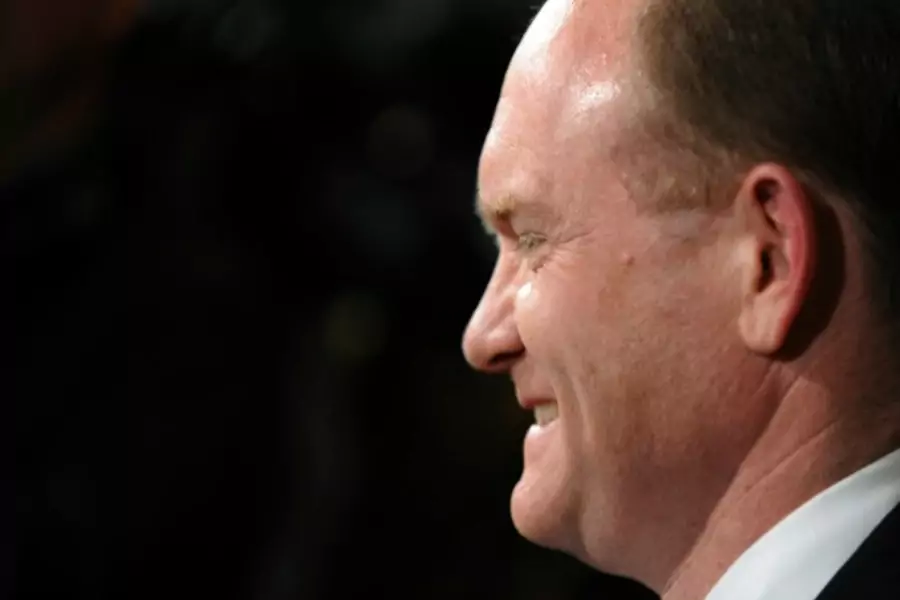More on:
To commemorate the fiftieth anniversary of Robert F. Kennedy’s “Ripples of Hope” speech at the University of Cape Town, a congressional delegation (codel) visited South Africa the last week of May. It was led by Representative John Lewis, Democrat of Georgia and an icon of the American civil rights movement; Senator Chris Coons, Democrat of Delaware; and Kerry Kennedy, daughter of the late Senator Kennedy and the president of Robert F. Kennedy Human Rights, a U.S. based non-profit organization.
After the codel returned to Washington, Senator Coons delivered a speech on the Senate floor that is deeply thoughtful, a meditation on the parallels between South Africa and the United States, especially with respect to centuries of racism and the still-incomplete efforts to address its consequences. It is a must-read for those who care about the United States and Africa.
Senator Coons’s reference point is a quotation from Robert Kennedy’s 1966 speech, delivered during the zenith of Apartheid, which began by describing “a land in which the native inhabitants were at first subdued, but relations with whom remain a problem to this day; a land which defined itself on a hostile frontier; …a land which was once the importer of slaves, and now must struggle to wipe out the last traces of that former bondage.” Senator Kennedy paused before delivering the punchline: “I refer, of course, to the United States of America.” Senator Coons then proceeded to highlight and analyze the shared history and challenges of the two multiracial democracies.
Senator Coons’s bottom line builds on a quotation from Nelson Mandela: “I am not a saint, unless you think of a saint as a sinner who keeps on trying.” He went on to say: “The peoples of the United States must keep on trying. The people of South Africa must keep on trying.”
That the codel visited South Africa at this particular time is important and significant, beyond the commemoration of the 1966 speech. South Africa faces a historic drought, near-zero economic growth related to the world-wide decline in commodity prices, and a presidential administration seemingly riddled with corruption. Many South Africans fear that the country’s liberal democracy is under assault from forces that include some close to the president. Further, at present, formal relations between Washington and Pretoria are correct but hardly cordial. In February 2016 the Secretary General of the governing African National Congress – the party of Nelson Mandela and current president Jacob Zuma – accused the U.S. Embassy in Pretoria of plotting “regime change” through the Obama administration’s Young African Leaders Initiative. In fact, the embassy had consulted in advance with the Secretary General on suitable South African candidates for the program. The codel’s visit is a reminder of the shared civil rights heritage of both countries and is a recognition and encouragement of South Africa’s rule of law based on institutions rather than personalities and a constitution with among the most sweeping protections of human rights in the world.
Senator Coons has had a particularly close relationship with Africa. He has been a volunteer relief worker in Kenya, studied at the University of Nairobi, and worked for the South African Council of Churches; in his speech he recalled his deep admiration for Archbishop Desmond Tutu, Anglican archbishop of Cape Town and former president of the South African Council of Churches.
More on:
 Online Store
Online Store
